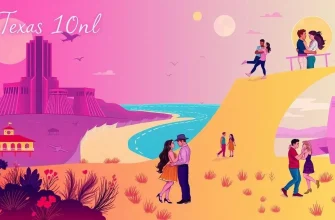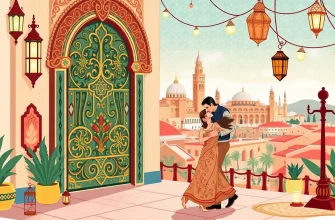Brazil, with its vibrant culture, stunning landscapes, and passionate people, provides a rich backdrop for storytelling. This curated selection of melodramatic films showcases the depth of Brazilian cinema, focusing on themes of love, loss, and the complexities of human relationships. These films not only entertain but also offer a window into the soul of Brazil, making them invaluable for anyone interested in exploring Brazilian culture through the lens of romance.
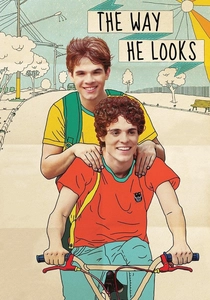
The Way He Looks (2014)
Description: A coming-of-age story about a blind teenager navigating first love, friendship, and independence in São Paulo, Brazil.
Fact: The film was Brazil's submission for the Academy Award for Best Foreign Language Film and won several international awards.
 Watch Now
Watch Now
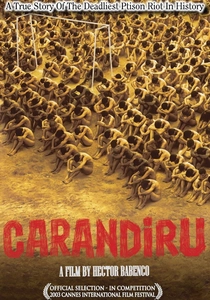
Carandiru (2003)
Description: Based on real events, this film delves into the lives of inmates in Brazil's largest prison, where love and human connections are explored amidst the harsh realities of incarceration.
Fact: The film was inspired by the book "Estação Carandiru" by Dr. Drauzio Varella, who worked as a physician in the prison.
 Watch Now
Watch Now
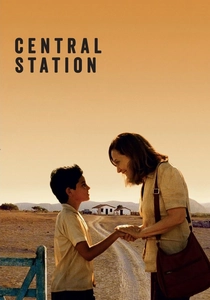
Central Station (1998)
Description: This film tells the story of a retired schoolteacher who helps a young boy find his father, weaving a tale of unexpected friendship and love against the backdrop of Brazil's vast landscapes.
Fact: The film won the Golden Bear at the Berlin International Film Festival and was Brazil's submission for the Academy Award for Best Foreign Language Film.
 30 Days Free
30 Days Free
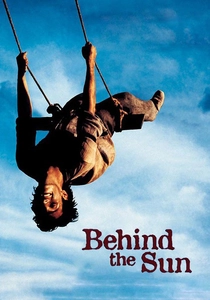
Behind the Sun (2001)
Description: A story of forbidden love set against the backdrop of a family feud in the Brazilian Northeast, highlighting the struggle between tradition and personal desire.
Fact: The film was shot in the arid landscapes of Brazil's Northeast, adding authenticity to its setting.
 30 Days Free
30 Days Free
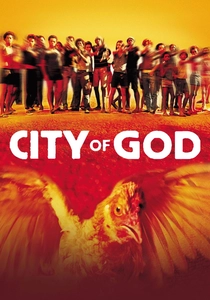
City of God (2002)
Description: While not strictly a melodrama, this film captures the essence of life in Rio's favelas, where love stories unfold amidst chaos and violence, making it a poignant addition to this collection.
Fact: The film was shot in the actual Cidade de Deus slum, using many local residents as actors. It was nominated for four Academy Awards.
 30 Days Free
30 Days Free
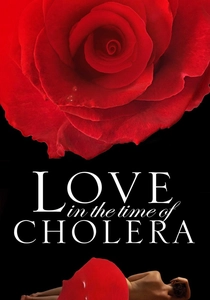
Love in the Time of Cholera (2007)
Description: Adapted from Gabriel García Márquez's novel, this film explores a lifelong love story set in Colombia but with significant scenes in Brazil, capturing the essence of Latin American romance.
Fact: The film was shot in Cartagena, Colombia, but includes scenes in Brazil, reflecting the cultural exchange between the two countries.
 30 Days Free
30 Days Free
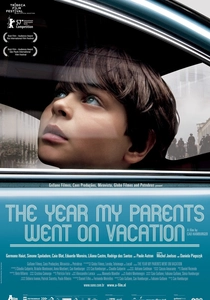
The Year My Parents Went on Vacation (2006)
Description: Set during the political turmoil of 1970s Brazil, this film follows a young boy left with his grandfather, exploring themes of family, love, and the innocence of youth.
Fact: The film was Brazil's submission for the Academy Award for Best Foreign Language Film.
 30 Days Free
30 Days Free

The Man Who Copied (2003)
Description: A charming tale of a young man who falls in love with a girl from his neighborhood, leading him into a world of counterfeiting and crime, all in the name of love.
Fact: The film uses a unique animation style to depict the protagonist's inner thoughts and plans.
 30 Days Free
30 Days Free

The House of Sand (2005)
Description: Spanning three generations of women, this film explores themes of isolation, love, and the passage of time in the vast dunes of Brazil's Lençóis Maranhenses.
Fact: The film was shot in the real dunes of Lençóis Maranhenses, using natural light to capture the ethereal beauty of the location.
 30 Days Free
30 Days Free

Love for Sale (2005)
Description: This biographical drama tells the story of Zezé Di Camargo & Luciano, focusing on the sacrifices made for love and family, set in the rural Brazil.
Fact: The film was a massive box office success in Brazil, becoming one of the highest-grossing Brazilian films of all time.
 30 Days Free
30 Days Free




